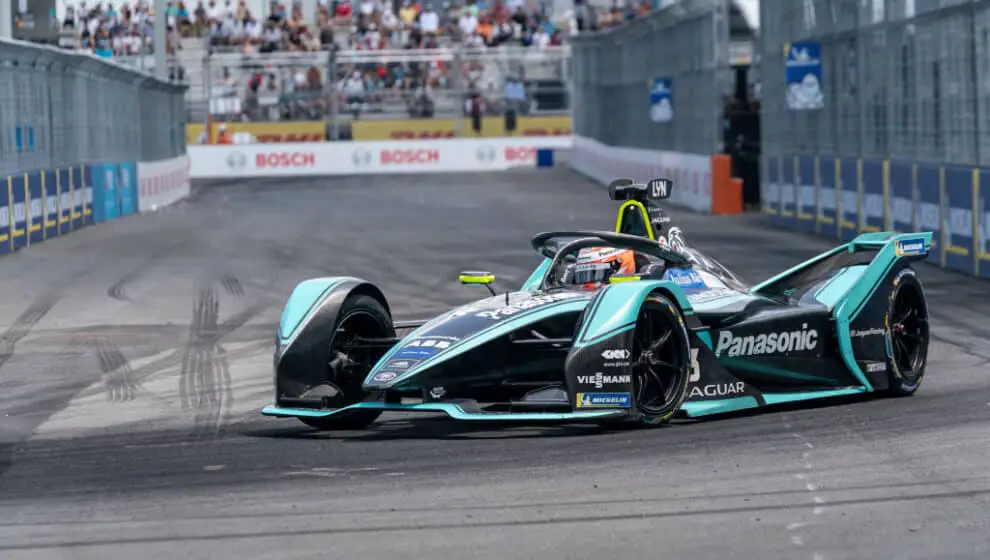Battery maker Panasonic is optimistic that the U.S. could build another battery plant to advance toward higher electric vehicle (EV) production.
Key Details
- In November, Panasonic broke ground on a new $4 billion factory in DeSoto, Kansas, that will create batteries for multiple customers.
- The factory adds another 60% to Panasonic’s global battery capacity.
- As EV growth continues, the need for battery production ramps up as well, and the president of Panasonic Energy North America, Allan Swan, is optimistic that the U.S. could build another EV battery factory.
Why it’s news
A primary factor holding back the number of manufactured EVs is a shortage in battery production.
As the auto market fully accepts EVs and the vehicles have begun rapidly rising in popularity, battery demand has also increased significantly.
The demand for EVs is expected to grow by around 30%, nearing 4,500 gigawatt-hours a year globally by 2030, and the battery value chain is expected to increase by as much as ten times between 2020 and 2030 to reach annual revenue as high as $410 billion, according to McKinsey research.
The high demand has led many manufacturers to build battery factories, and Panasonic Energy North America Allan Swan is optimistic that more could be made in the future.
Swan states that if battery demand continues the way it is going, there will not be enough batteries to create enough EVs in the future due to the lack of factories. He says that if demand changes, it could be different, but if it stays on pace, there will not be enough.
When asked if it’s possible that another Panasonic plant could be added to the U.S. in 2024, Swan said that the company is currently focused on its new $4-billion factory in DeSoto, Kansas, that began construction in November.
Although he says the company is focusing on the Kansas plant, he also says the company estimates a fourfold growth by 2030, and the potential for more plants in the U.S. is definitely there.
